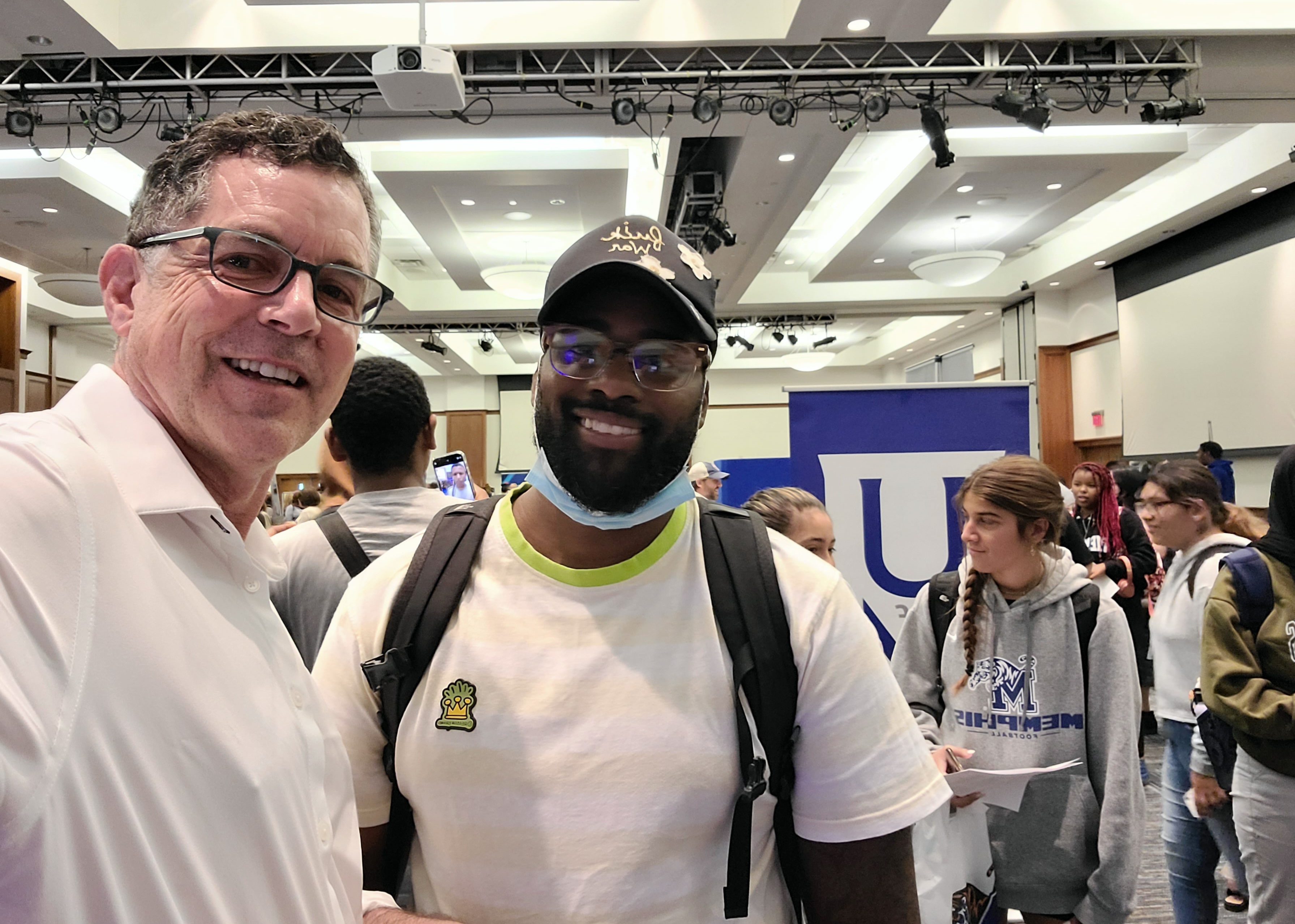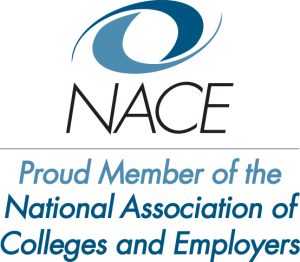Discover Your Major Day, Brings Happy Times
One of my favorite days of the academic year is Discover Your Major (DYM) Day. Undeclared freshmen, sophomores, and transfer students attend an all-day event to meet college and program representatives and, well, discover their major! If you are a faculty member or administrator at your institution, this should be one of your favorite days as well. Administrators should understand that a successful DYM day drives retention. When students make guided, informed decisions about their educational and career pathways, they are more likely to succeed in their courses and return both semester-to-semester and year-to-year. Guided and informed decision - making means they've used a career guidance compass like PathwayU to understand their interests and values and use that information to choose a program of study. When we find our purpose, we persist.
For faculty, DYM Day means we get to transform lives by helping students understand how to translate their interests and values into a career trajectory. And here is the fun part: We get to answer questions! Y’all know we love to answer questions. But instead of questions like "Will this be on the test?” we get questions like: “What’s a career in which I can work with people to improve social justice?” “I find I really starting new projects, but I am like solving problems. Is Management a good major for me?”
A Textbook Case (Without the Textbook)
Pictured is my new friend Brandon, who I met at DYM Day. Brandon had many great questions that he was using to help him decide between Management and Entrepreneurship as an educational pathway. I could tell he was going to keep exploring after that day, so I made sure he knew how to log onto my school’s PathwayU site to take our assessments and explore career options. When he saw the PathwayU logo he lit up and said, “I love that platform!” He pulled up his results which showed he was high on Enterprising and Social interests, but Investigative interests as well. He went to his career matches and pointed out that Project Manager was at the top. But then he noted that Business Professor was also highly ranked and mentioned that his aunt had been telling him for years he should go into college teaching. He admitted he had thought about it but didn’t know how to get there so never seriously considered it.
As a college student, you may not feel ready to choose a career path now, but with some of the techniques found in @Pathway_U’s blog, you may find yourself becoming much more confident about your decision:Click to TweetOver our next few minutes he decided that what he’ll need is an MBA because that can get him into multiple roles he would find rewarding. However, while he is finishing his BA, he needs to continue to research how to get a doctorate (after the MBA) to enter teaching. He came with his PathwayU results and left with a plan.
Discover Your Major Day Hack
I spent the rest of the day doing a mini-experiment. I would note whether a student I talked to had sophisticated questions (“What kind of education do I need if I want to ___?) or no questions at all (“I have no idea what I want to do, I’m just looking”). I would then ask if they had heard of PathwayU and had used it at orientation. Our university deploys it at summer orientation, but not in all sessions. Not surprisingly, the students who had the best questions – they were the best prepared for a day that could change their educational and career trajectory – were the ones who had completed their assessments and consciously explored careers given their results.
So, the hack is simple – make sure students have reviewed their PathwayU profiles before they attend the event! Events like our DYM Day require student registration and track attendance. It would be easy to link registration to completion of the assessments. Even better, when orientation leaders cover PathwayU they can emphasize that this is career compass students should use throughout their academic experience. They can also provide a “how-to” guide to help students translate their understanding of their results into better questions of the content experts they will soon meet.
-1.png?width=288&height=67&name=PathwayU_PGLogo%20(1)-1.png)




